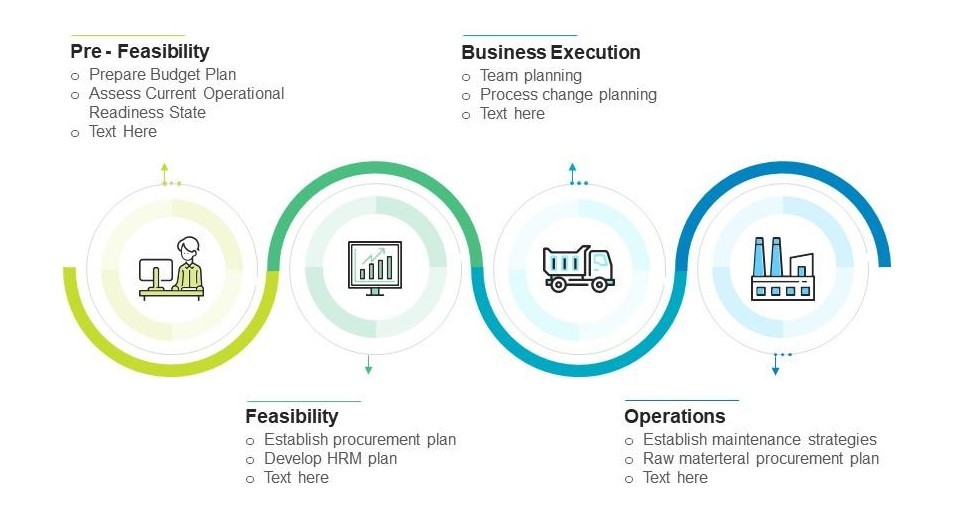
Unlocking Success: The Crucial Role of Operational Readiness in Capital Projects
Elevate Consulting
A boutique management consulting firm delivering impactful, tailor-made and fit-for-purpose business solutions.
Capital projects, from constructing new facilities to implementing complex systems, represent significant investments for organizations. While meticulous planning and execution are vital, ensuring operational readiness is equally critical for long-term success. Operational readiness refers to the state of preparedness an organization achieves to effectively and efficiently manage and operate new assets or systems. Here's why it's paramount:
1. Minimizing Downtime: Operational readiness ensures a seamless transition from project completion to everyday operations. It minimizes downtime and disruption, allowing businesses to maintain productivity and revenue generation.
2. Protecting Investments: Capital projects often involve substantial financial commitments. Failing to be operationally ready risks underutilizing or even squandering these investments. Operational readiness safeguards the ROI by ensuring that the project delivers its intended value.
3. Ensuring Safety: In industries like healthcare, energy, or manufacturing, operational readiness is a matter of safety. Flawed processes or untrained personnel can lead to accidents or injuries. A focus on readiness mitigates these risks and ensures the safety of employees and stakeholders.
4. Meeting Regulatory Requirements: Many industries are subject to stringent regulations. Failing to be operationally ready can result in non-compliance, which can lead to fines, legal issues, and damage to the organization's reputation.
5. Enhancing Efficiency: An operationally ready team understands the new systems, processes, and equipment. This knowledge leads to improved efficiency, reduced errors, and increased overall productivity.
6. Employee Confidence: Employees need to feel confident and capable when working with new assets or systems. Operational readiness provides training and support, boosting employees' confidence and job satisfaction.
领英推荐
7. Customer Satisfaction: In customer-facing industries, operational readiness directly impacts service quality. Customers expect uninterrupted service, and any disruptions due to a lack of readiness can lead to dissatisfaction and loss of business.
8. Adaptation to Change: Capital projects often bring about significant change within an organization. Operational readiness helps employees adapt to these changes, reducing resistance and improving acceptance.
9. Speed to Market: In industries where time-to-market is crucial, operational readiness is a competitive advantage. Being ready to utilize new assets or systems quickly gives an organization an edge.
10. Long-Term Viability: Capital projects are typically long-term investments. Operational readiness ensures that these investments remain viable and valuable throughout their lifecycle.
To achieve operational readiness:
In conclusion, operational readiness is not an optional component of capital projects; it's a fundamental requirement for success. Failing to prioritize it can jeopardize the entire project and lead to costly consequences. By investing in readiness from the project's inception, organizations can maximize their return on investment, ensure safety and compliance, and position themselves for long-term success in an ever-evolving business landscape.